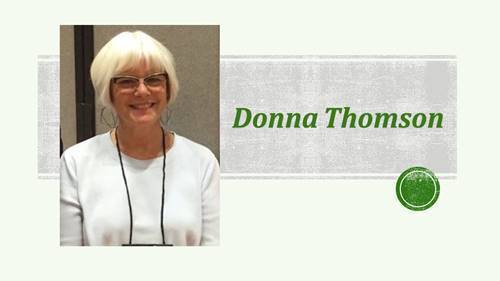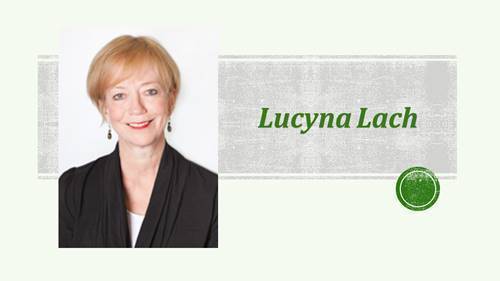CP-NET Webinar: Covert (and Overt) Attitudes Toward Disability
This webinar discussed the importance of 'attitudes' toward children, youth and adults who live with impairments in physical and/or cognitive function. 'Attitudes' toward people with disabilities reflect ‘worthiness’ and this principle not only guides clinical decision-making, but allocation of limited and often scarce resources. Shifting attitudes requires champions that challenge taken-for-granted assumptions about worthiness of their lives.
About the Speakers

Donna Thomson is a caregiver, author and activist. She is the co-author (with Dr. Zachary White) of The Unexpected Journey of Caring: The Transformation of Loved One to Caregiver (Rowman & Littlefield, 2019) and author of The Four Walls of My Freedom: Lessons I’ve Learned From a Life of Caregiving (McArthur and Co., 2010 and The House of Anansi Press, 2014). She blogs regularly at The Caregivers’ Living Room. Donna is a board director of Kids Brain Health Network (KBHN) and is a co-instructor of a KBHN funded, online course in family engagement in research at McMaster University. She also teaches families how to advocate for care at The Advocacy School and at Huddol.com. For the Ontario Ministry of Health and Long Term Care, Donna sat on The Expert Group on Home and Community Care, the advisory committee for the white paper on aging and on the Working Group on Complex Care for Adults with Developmental Disabilities.

Dr. Lucyna Lach is an associate professor in the School of Social Work and an associate member of the Departments of Pediatrics, Neurology and Neurosurgery, Faculty of Medicine, McGill University. Her program of research focusses on documenting different aspects of the lives of children with neurodisabilities and their caregivers (i.e. caregiver health, and parenting). Dr. Lach's current projects address social determinants of health of children with neurodisabiltiies. She is co-leading a team of researchers and trainees whose projects have been funded by Kids Brain Health Network (KBHN) and the Social Sciences and Humanities Research Council (SSHRC) to document determinants such as income, service use, educational outcomes, and uptake of income supports such as the Disability Tax Credit using population-based as well as administrative and clinical databases. She is also collaborating with Dr. David Nicholas to increase capacity in navigation systems that support families of children with neurodisabilities in Vancouver, Edmonton and Yukon. In addition, she is part of a Strategic Patient-Oriented Research (SPOR) Team entitled CHILDBRIGHT, and is co-leading (along with Dr. Patrick McGrath) development, implementation, and evaluation of a randomized controlled trial entitled Strongest Families – Neurodevelopment, a web-based program that combines group coaching and educational modules, with parent-to-parent support for parents whose children have a neurodisability and behavioural challenges. Dr. Lach is a peer-reviewer for journals and organizations that provide research funding.
